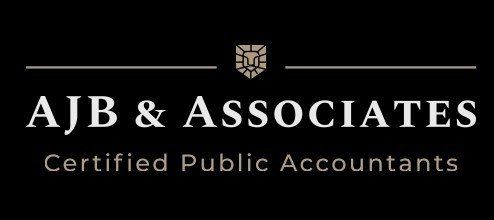Maximizing Tax Deductions for Real Estate Professionals
Maximizing Tax Deductions for Real Estate Professionals
Navigating tax deductions can significantly benefit real estate professionals by reducing taxable income. Here’s a comprehensive guide to maximizing your deductions:
1. Office Expenses
Rent, utilities, office supplies, and furniture costs for your office space are deductible. If you have a home office, you can also claim a portion of your home expenses.
2. Professional Fees
Fees paid to accountants, attorneys, and other professionals for services directly related to your real estate business are deductible.
3. Marketing and Advertising
Expenses for marketing your properties, including online listings, print advertisements, and signage, are fully deductible.
4. Vehicle Expenses
Use of your car for business purposes, such as showing properties or meeting clients, can be deducted. You can choose between actual expense method (deducting actual expenses) or standard mileage rate.
5. Education and Training
Costs associated with continuing education, seminars, and real estate courses that enhance your professional skills are deductible.
6. Depreciation
Depreciation allows you to deduct the cost of real estate assets over their useful life. This includes buildings, equipment, and improvements.
7. Commissions and Fees
Any commissions you pay to other agents or fees for services directly related to your real estate transactions are deductible.
8. Travel Expenses
Travel expenses for business purposes, including airfare, lodging, and meals, are deductible. Ensure these expenses are necessary and directly related to your business activities.
9. Insurance
Premiums for business-related insurance policies, such as liability and property insurance, are deductible.
10. Repairs and Maintenance
Expenses for repairs and maintenance on rental properties or office spaces are deductible, helping keep your properties in good condition.
Best Practices for Claiming Deductions
- Maintain Detailed Records: Keep accurate records of all business expenses, including receipts and invoices.
- Separate Business and Personal Expenses: Use separate accounts for business transactions to ensure clear documentation.
- Consult a Professional: A qualified CPA can help you navigate complex tax laws and maximize your deductions.
Why Choose AJB & Associates?
AJB & Associates specialize in helping real estate professionals maximize their tax deductions. Our team uses advanced technology and industry-specific expertise to ensure you get the most out of your deductions, enhancing your financial success.
Visit ajbcpas.net to learn more about our services and how we can assist you in optimizing your real estate business's financial health.










